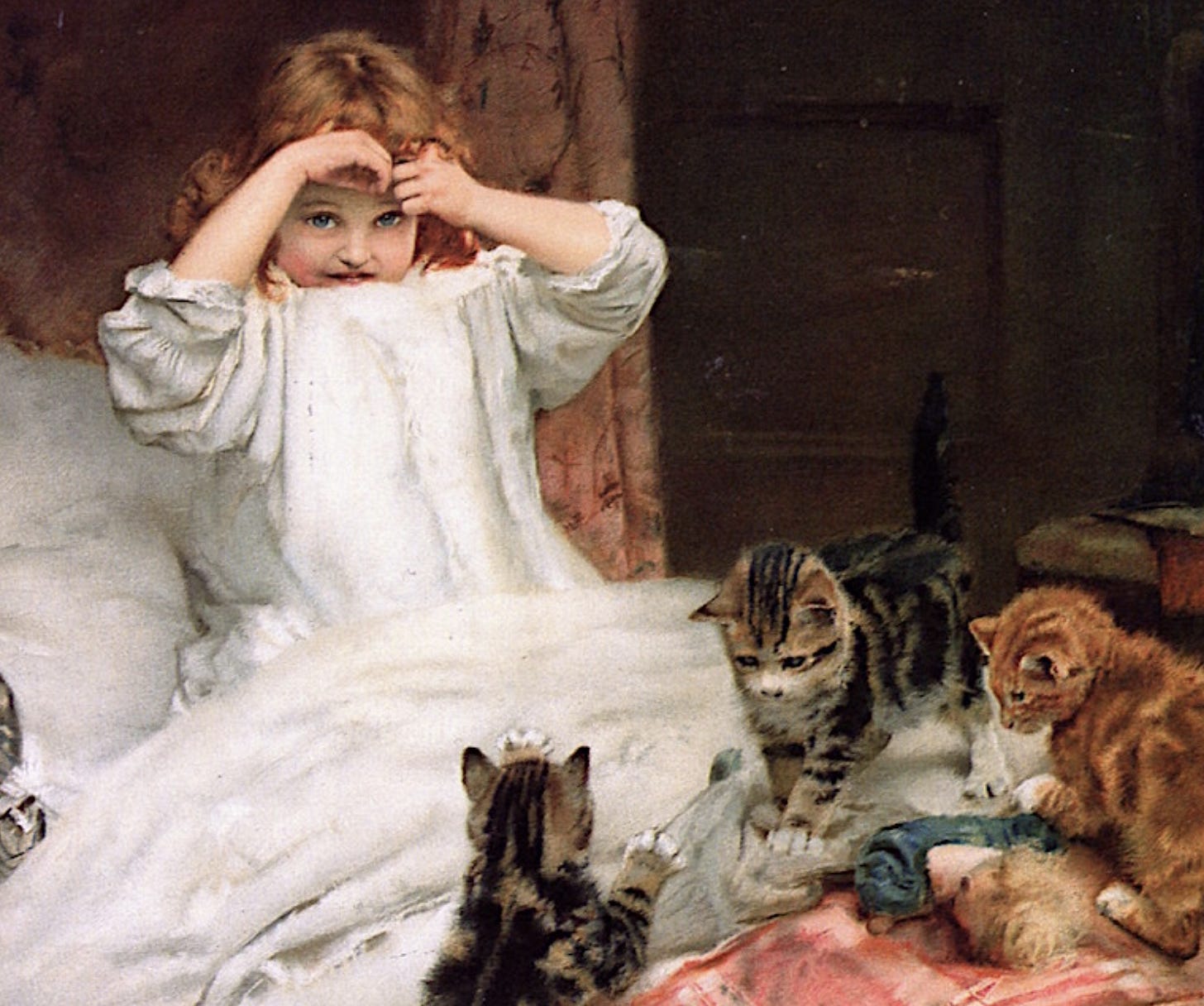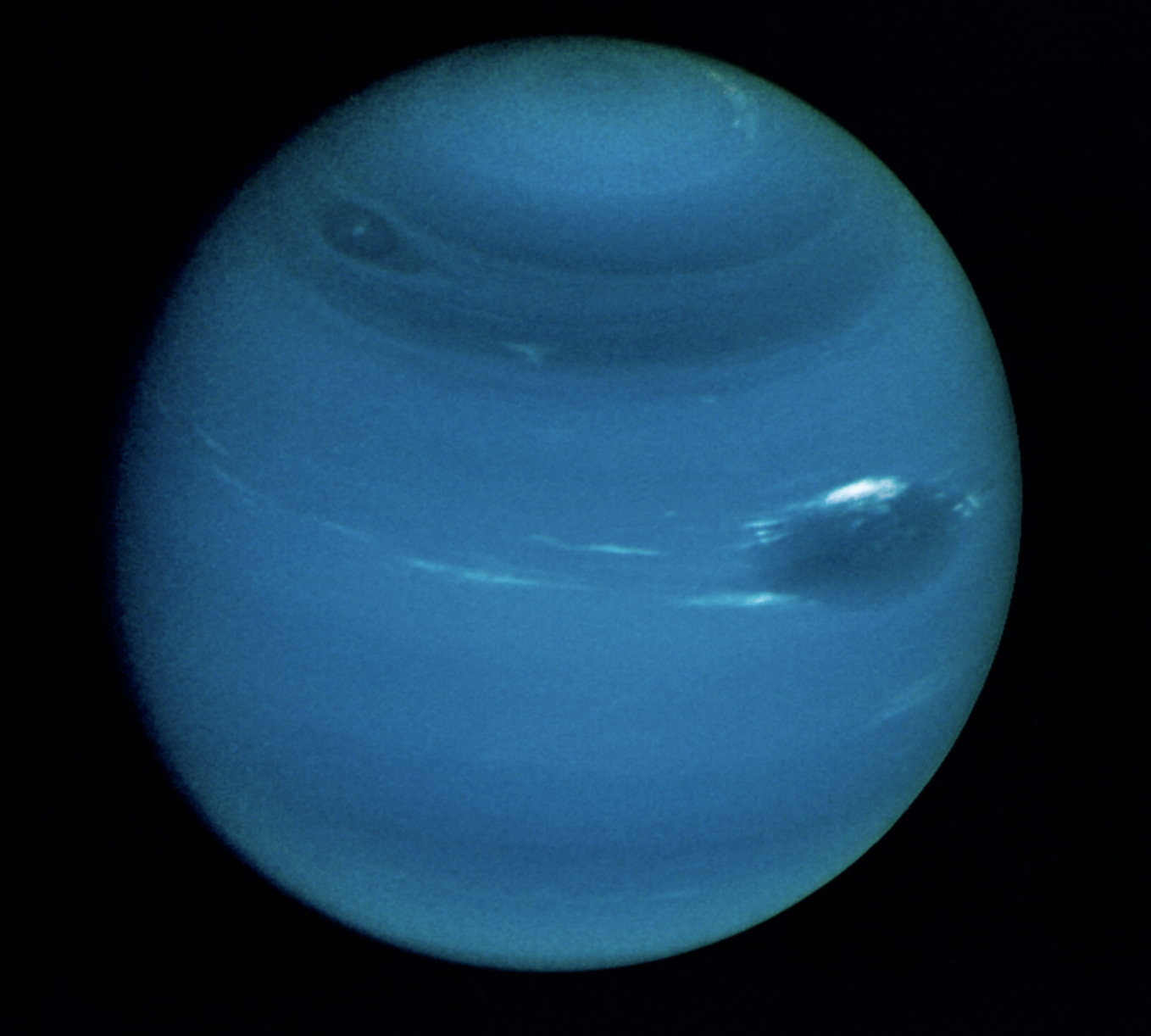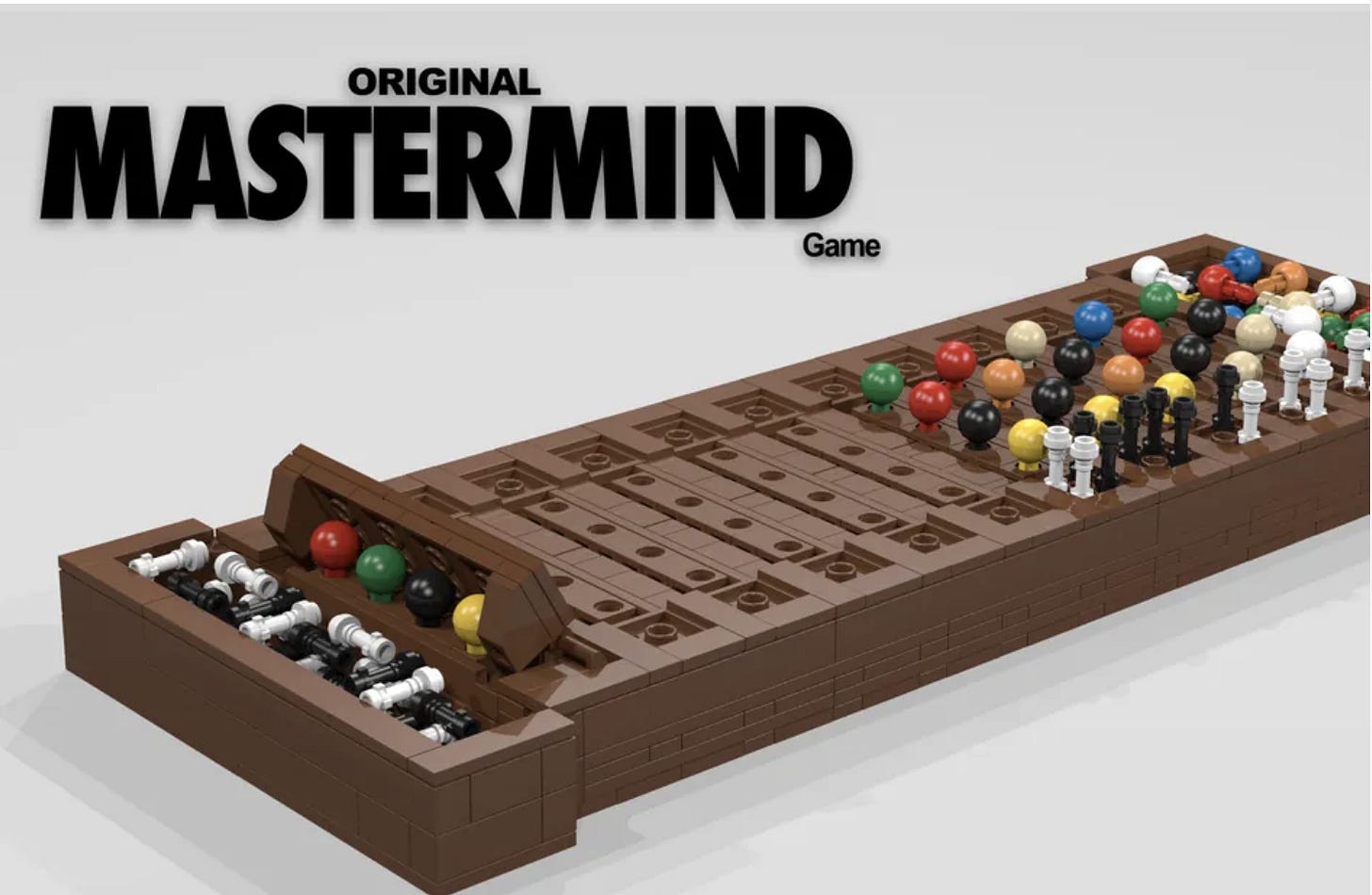Unpredictable Patterns #42: What if you were 10% better at guessing?
Guessing, mapping fields, anchor points, baselines, second guessing yourself and others and the strategic implications of guessing for multi-stakeholder environments
Dear reader,
Snow has arrived at our mountain cabin, and I am writing this next to a fire. So - at least here - autumn is now formally over. Winter is - yes - coming. And I love it! Winter is dark, foreboding and often cold - but there is something about Mother Nature reminding us that we are here at her pleasure that I find comforting. At least until I run out of firewood, or when the wolves coming howling. We will see!
This week’s note is about guessing - and guessing better. I hope you like it!
Guess what?
What if you could be 10% better at guessing? Well, what would that even mean? How are we better at guessing? Is it being right? Or is it making the right guesses?
Let’s have a closer look!
Guessing right is sort of a x-diction game (not just pre- or retrodiction but guesses are time agnostic - you can guess a historical explanation, a natural law, a mathematical theorem). From the rigorous hypotheses of science to the wild guesses of our personal lives, we explore the world by combining "musing and logical analysis" as philosopher Charles Pierce observed. Pierce elevated the guess to its own logical form of conclusion - the abduction - and suggested it had the form:
A surprising fact B is observed
If C was the case B would not be surprising
C is the case.
Pierce also though that it was only through this form that we build new knowledge, or as he put it: “But we must conquer the truth by guessing, or not at all.”
A guess, then, becomes a way to dissolve a surprise. This is intriguing and helpful in many ways - it suggests that we should focus on the surprising and unusual when we study our fields of interest. In order to get better at this there are two threads to pull on. The first is getting better at being surprised, or discovering surprises. The second is building a machine for guessing better.
Discovering surprises
We guess when we are surprised. As writer Mark Tschaepe has noted:
"Guessing is the initial deliberate originary activity of creating, selecting, or dismissing potential solutions to a problem as a response to the surprising experience of that problem”
Hunting for surprises is hard, for a number of reasons.
The first is psychological. We explain away the surprising really fast when we see it. To be surprised we need to be open to surprise, and really notice it - and since surprise forces us to revise our beliefs, and that has a cognitive cost…well - we tend to discount things as not surprising at all. One of the most dangerous reactions you can have to new data is "well, that is hardly surprising..." - and yet that is what we want to say when confronted with something new and unexpected; it makes us feel as if we are in control.

Being surprised is often associated with being naive, or worse, stupid. Nothing could be further from the truth. If we are not surprised, daily, by things we find we have simply ceased being very observant. The world is ceaselessly surprising to anyone who cares to look closely and try to figure out what is going on. If you want to practice this you can practice trying to predict what will happen - in sports, politics, economy or any other area - and then force yourself to recognize that when your prediction is wrong that is a cause for surprise.
This sounds counterintuitive for the simple reason that it is not surprising that we should be wrong, because we are so often wrong in predicting the future - and so we miss all of these opportunities to be surprised because we expect that we will be surprised, hence robbing the surprise of its real value - as surprise!
The second reason we are not surprised is that we do not pay attention. There is a lot going on in the world, and we are forced to prioritize. We prioritize according to habit and habits are built to minimize surprise. In fact, surprises are a sign that our habits are broken in some way. If I put my shoes in the same place to just be able to put them on and run to work every morning, I will be surprised - and dismayed - if they are not where I put them.
We build habits into our world as a kind of resistance to surprise - exactly because surprise is cognitively costly - and so it seems rational. But we need to look at cognitive cost more closely to understand what is going on here. We minimize the short term cognitive cost through habits and other measures that reduce surprise, but this does not mean that we minimize the long term cognitive costs. When we get stuck in a rut we ultimately will find that the entire system we have built is failing and falling apart - so we had better take some upfront cognitive cost of being surprised and changing the habits, or we will just build into systemic failure!
We see this in almost all narratives around entrepreneurs. Jeff Bezos notion of ”day one”, as the mindset we should keep fresh, is a way to highlight that we should look at things with that open, curious and questioning attitude that finds surprises everywhere - and then act on those surprises, guessing and moving on. In Bezos management theory this also comes across in the recommendation that we often need to make decisions with just 70 percent of the information we wish we had.
Another way of framing that is to say that we need to guess more.
Anchoring your guesses - baselines and maps
If being surprised more often is one key to guessing better, the second is to build a machine for guessing. The first component of that machine is the map of the landscape you are guessing in.
We never guess in a vacuum. All guesses have a field or domain, and within that domain there are certain basic facts that will help you guess better. If you are working in public policy and want to guess at when a particular law will be passed, it helps to know the average time that it takes for a piece of legislation to pass from proposal to passed law. Knowing these baselines - or anchors - will help you guess better, but it is still surprisingly common that the way people learn baselines is informal and hap hazard. Setting out to determine the most important baselines in your field of expertise systematically means studying it almost as one would study geography, mapping values and landscapes and understanding what they look like today in order to figure out how they may evolve.
Not knowing a baseline will often lead you on wild goose chases. An interesting example is the employee surveys that most large companies do. In these surveys you will find, for example, that more tenured employees are more unhappy that newer ones - and one common question that pops up in leadership groups is "why are our tenured folks so unhappy?". Well, it is not the case that _our_ folks are unhappy, it is the case that most companies see tenured employees more dissatisfied! If you miss that you may think that there is something you are not doing that others are doing, when what you are observing may well be a consequence of how we all tire over time at anything that we are occupied with.
Once you know the baseline you can start making better guesses as to why you are seeing the data you are seeing, and it also helps you select those things that are surprising - where there is a differential from the baseline - and focus your guessing on them.
This insight is also implicit in the art of guesstimating that is popular in many sciences and often features in job interviews and case studies. Guesstimates are essentially Fermi-problems, guesses broken up into many small pieces and then assembled to get an order of magnitude answer. The many small pieces will be off by a factor or two, but they will be randomly off so the more factors you use, the better off you will be in the end! It is really quite ingenious.
Being really good at Fermi-problems, however, requires that you have certain basic facts right. Look at the most commonly cited question: on how many piano tuners there are in Chicago. This requires two kinds of maps for you to be able to guess well. The first map is often neglected, and that is the conceptual one. We need to know things like what a piano tuner is, and we need to know something about Chicago. Is it a city or a village on the Russian country side? We can miss one by an order of magnitud, but the conceptual map has to be at least somewhat correct at a coarse grained level. This map is, however, often quickly skimmed over, because we assume that Fermi-problems are applied to what we call common sense - but if there is one thing we know, it is that common sense isn’t - to borrow the old quip. Articulate the conceptual map well if you want to be able to guess better. Understand the core concepts of your field of guessing as to have something to grab onto!

If you want to guess about public policy you need to know that parliamentarians often vote with their parties, and so their individual probabilities of voting this way or that can often be reduced to much more chunky probabilities of parties voting one way or another. If you want to work with guesses on privacy you need to understand the concept of ”personal data” in depth.
The conceptual map is the set of variables and the data structure that connects them. The second map is the data itself.
How many parties are there in a parliament? How often do they vote? How may pieces of legislation pass every year of those proposed? What is the typical set of reasons that legislation is cancelled or postponed?
Building a guessing machine requires careful observation and collection of data about the domain you want to get better at guessing in - and yet, surprisingly, few people spend time just collecting basic data and writing it up. We should all be more like anthropologists!
In the sciences this is increasingly practiced as a core component of teaching. A really interesting example of the map and values can be found here, where chemist Michelle Franci sets out a map for chemistry students with basic values, and points to the work of science in generating such maps for understanding any field of science. One way of generating these maps is exactly this: to think as a teacher - how would you teach your field or domain?
Just as observation is the key to being surprised more often, it is also the key to better guessing maps and anchor points.
Guess together and second-guess yourself!
You also get better at guessing if you guess together with others. This is well-known and has been documented at length in the James Surowiecki’s Wisdom of Crowds. It is also a well known component in the super forecaster model - where, interestingly, they have found that not only do you get better if you guess with others and then aggregate the guesses - you also get better at guessing if you second guess yourself with some period of time in between guesses! So if you are working on a problem and do not have a friend handy with the same guessing machine - use time to duplicate yourself! When we second, third and fourth-guess ourselves we improve the quality of the aggregate guess almost as much as if we invite colleagues to guess with us!
So your guess may be as good as mine - but they are better together!
Record guesses
This is just a reminder that writing it down is important for everything cognitive you want to be better at. Recording guesses and then reviewing them is - and I know it is so obvious as to make you want to cry - essential to improve. Yet - hand on heart - how often do we do that?
Strategy and guesses
We also need to touch briefly on the strategic importance of guesses. There are plenty of guessing games that have evolved since at least the 17th century, and guessing is not just a single person activity. We guess about each other, and we can use this as a strategic move.
This is evident in the simple saying that you can ”keep someone guessing” - in essence it means that you deny them knowledge about your actions and plans, and they will, in this way, have to expend significant time in observation of what you are up to. But while this seems like a smart strategy, it also carries significant risk - especially when your opponent guesses badly and has more power than you.
You never want to - to take one example - have a legislator guessing what you are up to. In fact, you could argue that good government affairs need to help decision makers and legislators make better guesses - and this opens an interesting question.
How much of the domain map do you think you share with decision makers in your field? If we know that we guess better when we have baselines and conceptual maps in place, well, it seems likely that anyone we that is guessing about us would be better served by also sharing those conceptual maps and baselines, would they not?

But this is hard. A good policy maker will recognize that he or she that controls the baselines and conceptual maps also controls the debate, and so will resist any overt attempts at defining those unilaterally. This is where you need shared yardsticks, third party certifications and other ways of creating common baselines of facts and stats with the folks who are guessing about you.
In a sense, you are better off not just if you can make guesses that are 10% better, but if others making guesses about you also become 10% better at guessing.
So what?
You can easily become 10% better at guessing. The tools are available and you just need to use them. Map your field - variables and data. Be surprised more often through careful observation. Guess together and second guess yourself - and of course - record your guesses and follow up. But what is more - you can help your stakeholders to become better at guessing about you as well, and ultimately that is the key criterion for something increasingly coveted in our day and age: trust.
When I can guess what you are going to say, I understand you and I know how you work. I can rely on you to react in a certain way and pursue certain goals. My internal simulation of you helps me understand and make sense of the world we share. That is when I start trusting you in the fundamental sense of getting you - or guessing you.
It is no coincidence that “guess” is close to get - to give or take - etymologically. It is an exchange that we engage in to build a closer relationship. We guess each-other!
Who would have guessed? (You could, now!)
Thank you, as always, for reading!
Nicklas


